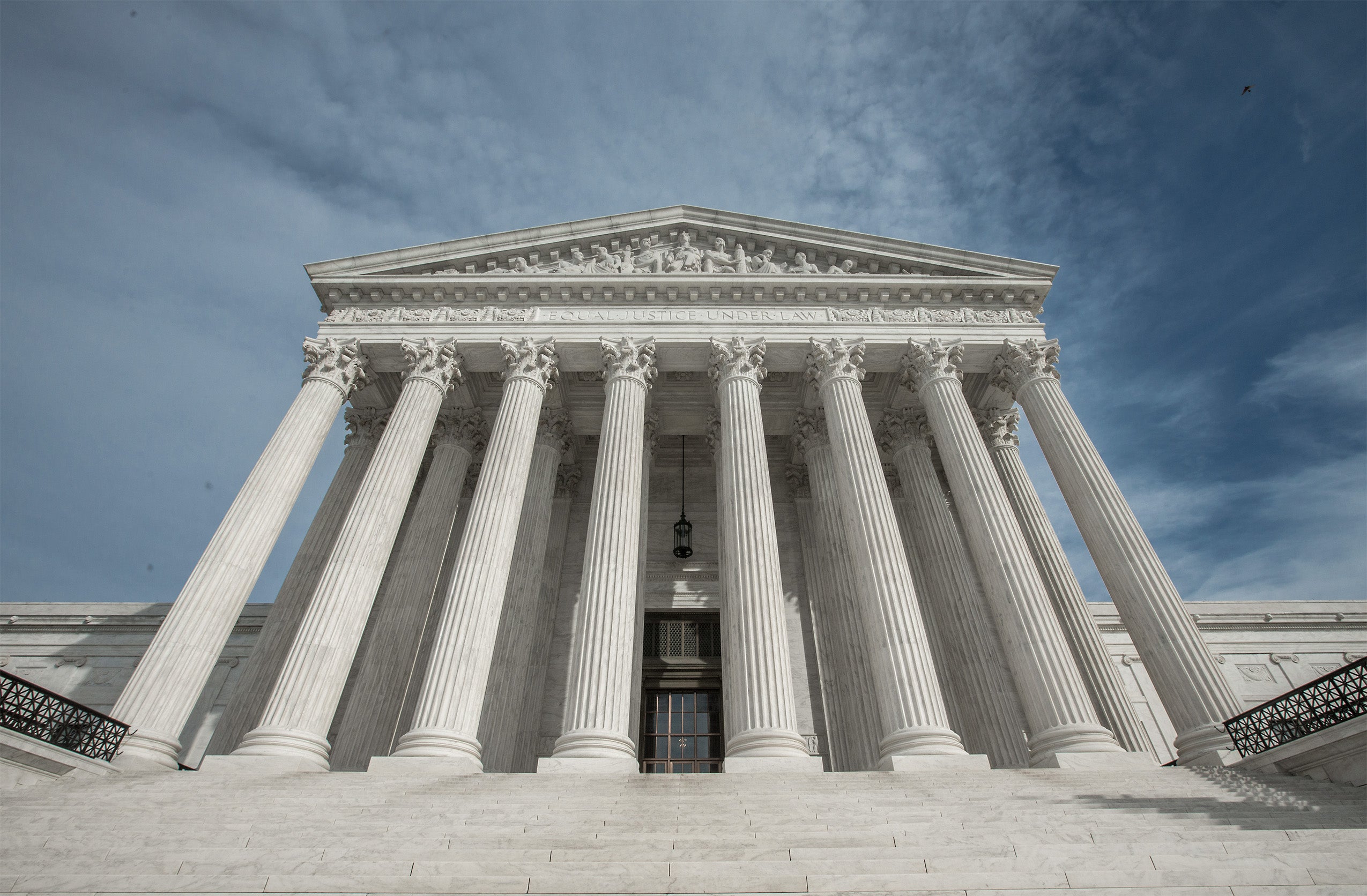The following is excerpted from the September-October 2018 issue of Harvard Magazine.
The most political case of the indelibly political Supreme Court term that ended in June was about the travel ban President Donald J. Trump imposed last September. It banned almost all travel to the United States from seven countries where more than 135 million people were covered by the ban. More than 90 percent of the citizens in five of the countries were Muslim. As the state of Hawaii said in its brief about the case called Trump v. Hawaii, this element of the ban violated the Constitution’s “bedrock command that the Government may not take actions for the purpose of excluding members of a particular faith.”
The Trump administration claimed the ban was “religion-neutral,” with restrictions “expressly based on the President’s national-security and foreign-policy judgments.” A prime point of contention was the stream of statements Trump had made stressing his aim of barring Muslims from the United States. When the Court heard oral argument in the case, Chief Justice John G. Roberts Jr. [Harvard College] ’76, J.D. ’79, assumed Trump had made the statements with that purpose. Roberts asked Hawaii’s lawyer: “If tomorrow he issues a proclamation saying he’s disavowing all those statements, then the next day he can reenter this proclamation” and “your discrimination argument would not be applicable?” The lawyer said, “Absolutely.”
